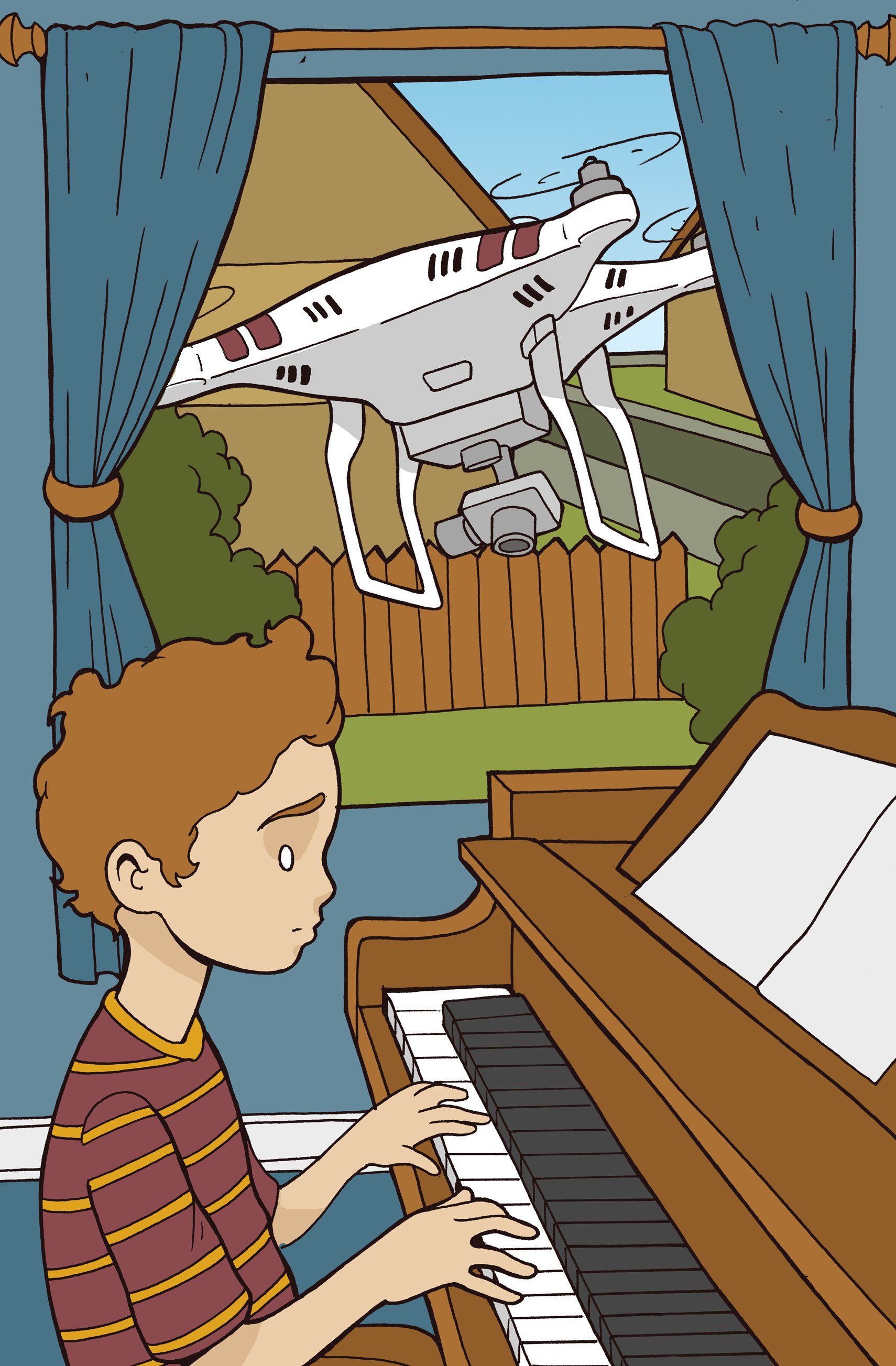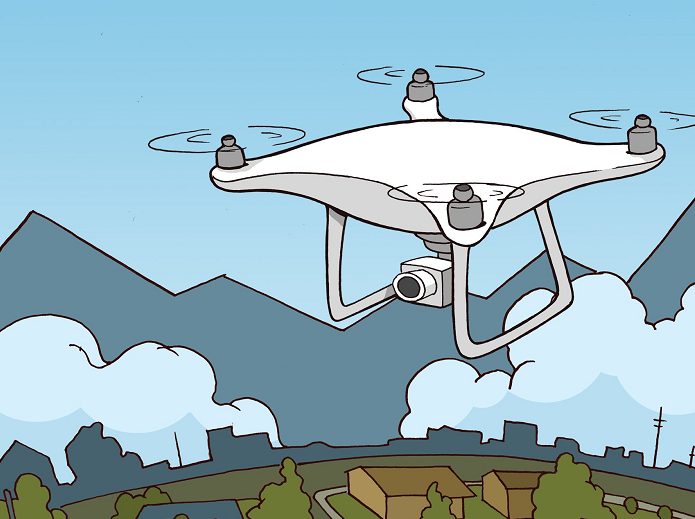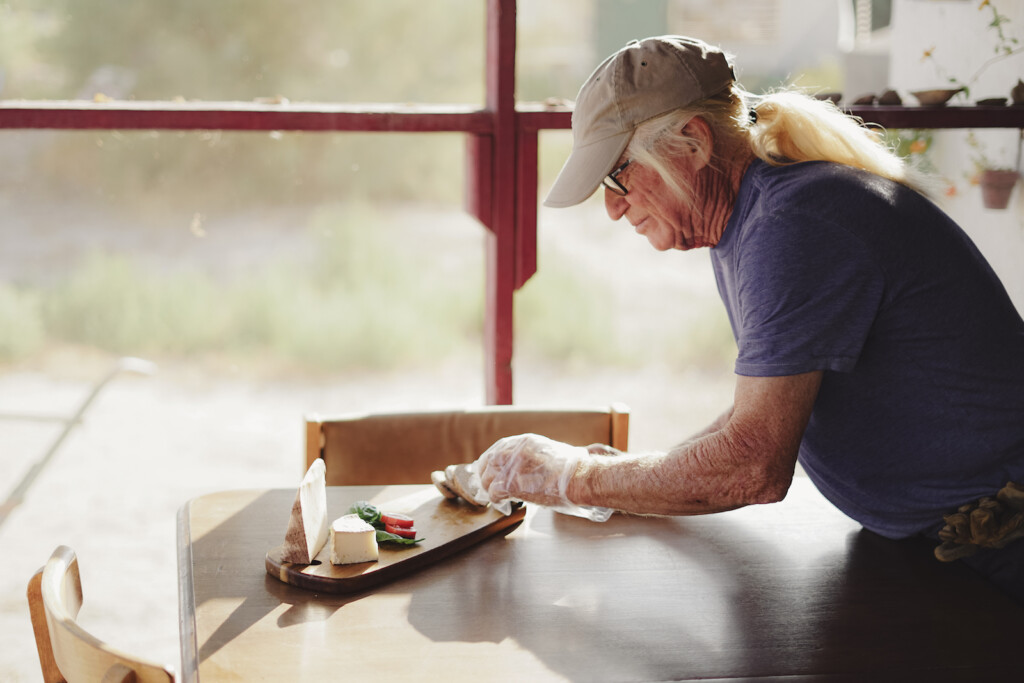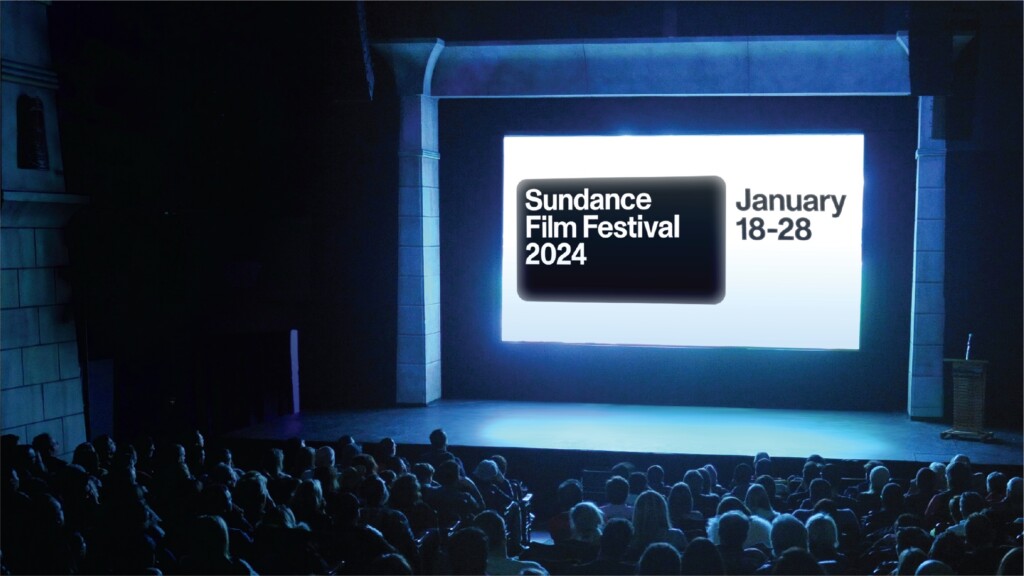
The following story was written and reported by The Utah Investigative Journalism Project in partnership with Utah Stories.
Life is going to be easy in your techno-fabulous Vivint Smart Home of the not too-distant future. Why? Because your smart home will act like a sophisticated security guard/nanny/third parent. You can come home, kick back, and check the stats on everything that happened while you were away.
You’ll receive a report that little Billy practiced the piano for an hour, and as a reward for improving his Chopin, the house gave him an extra hour of TV watching privileges. Your home also lets you know that he stayed away from the liquor cabinet in your den (the little scamp).
A “quality time” report shows Billy increased time spent with his mother today, a good sign given the previous day’s scolding your wife gave him about reports of him sneaking out after curfew. Of course you already knew they spent more time together today because while at work you were able to remotely monitor the conversation from a discreet microphone built into a wall outlet. Wisely, you disabled the notification setting so your children (and your wife, for that matter) don’t yet know that you can hear and see everything going on in the house remotely.
You’re also pleased to see that the neighborhood watch drone you share with other happy Vivint Home customers on your street was able to meet your daughter at the bus stop and see her home safely. The drone also let you know that two unrecognized cars drove down the street today but a scan of their license plates showed no hits with local law enforcement databases—nonetheless, the drone will continue to keep it’s vigilant digital eye out for them and anyone else who might not belong on the block.

Yes, all these innovations are described in actual Vivint patents, and yes, life will be good in the Vivint Smart Home of the near future—convenient, comfortable and monitored all the time.
Yet, as is often the case in our increasingly digitally integrated world, critics worry privacy protections can’t keep pace with the technology. Now one of Utah’s most prominent companies may be at the forefront of an innovative but controversial industry—smart homes so smart they know everything about everyone under the roof—the shapes of their faces, the color of their eyes, how often they flush the toilet, and their social media habits.
Liz Tanner, a spokesperson for Vivint Smart Home, says the company would not comment on specific patents, but did affirm that patents are not necessarily an indication of specific products a company would necessarily develop. Rather, they are just a way of claiming rights to exclude others from developing the intellectual property. Tanner also says Vivint has a strong commitment to protecting customer data.
“Vivint follows best practices in the design of its systems, meeting, and in many cases exceeding industry standards for security,” Tanner writes via email.
Modern Convenience vs. Modern Surveillance
Vivint’s patents depend on building a digital profile of a home’s occupants. The language of a 2017 patent, for example, lists ways the home may identify residents: “voice print, a fingerprint, retinal identification, clothing, facial recognition information, height, a hair color and/or length, a body type and/or shape, other physical features, identifying marks such as tattoos and/or birthmarks, other biometric information.” It even lists possible markers for a resident such as “a sub-dermal electronic device,” apparently anticipating a future when implanted chips might be the latest tech craze.
The most practical marker for a resident will involve tech that allows the company to automatically interact with residents’ phones and personal devices. A 2017 patent by the company, for example, would set it so that home residents would have all the media on their phones and devices automatically uploaded to the cloud whenever they walk through the door. The patent even describes automatically uploading media from devices straight to “at least one of a social media platform.”
So much digital integration is troubling to individuals such as Connor Boyack, president of the libertarian-leaning think tank, The Libertas Institute.
“Like any tool, automation and surveillance technologies can both hurt and help,” Boyack says, adding that while security and comfort advances are laudable, they have to be safeguarded. “We need to recognize that invasive technologies can also be hacked, backdoored, manipulated, or made available to individuals who can use sensitive information for nefarious purposes.”
Tanner, however, says Vivint uses the best safeguards, with their smart home systems employing their own Wi-Fi router that utilizes a private, encrypted Wi-Fi network, separate from the homeowner’s network.
“Only customers can decide who is allowed to access their Vivint system, including their video feeds, and video footage is encrypted from the hub to the cloud and back,” Tanner says.
Court records, however, shows customer information has not always been closely monitored. In July 2016 Vivint filed suit against a former employee for allegedly acquiring confidential customer info—personal information and details about products customers had signed up for—that was then used to try and poach Vivint customers and sign them up with a different alarm company.
Vivint prevailed in the suit, but the company’s complaint notes that they only became aware the info was stolen because of customers complaining about the hard sell they were getting from the new, competing alarm company that had allegedly acquired the customer info unlawfully.
Others are at least more optimistic about some of Vivint’s patents such as one that would gather data from myriad homes on their energy uses and be able to provide aggregate data to a homeowner about how wasteful they may be with water and electricity, for example, compared to other homes.
Nick Schou of the Utah Rivers Council points out that Utahns use over 100 gallons more water per day than the average American, and part of it comes from the way bills don’t reflect a household’s actual water use.
“The idea of a smart home system that tells you how much water you use—that could be really beneficial,” Schou says.
Third Parties
Most privacy concerns center around the question of who uses the data. One Vivint patent would allow door-to-door salesmen to walk up to a house, scan it and know exactly what the house needs from new windows to satellite TV services.
John Simpson, with the California-based advocacy group Consumer Watchdog, says privacy protections have not kept up with technology. He worries about patents like Vivint’s “Neighborhood Watch Drone” for having the potential to store data that law enforcement might access about people just driving through a neighborhood.
“That’s hugely problematic,” he says. “I don’t think there’s any due process there.”
But he also worries about all data collected and provided to third party marketing. He recommends consumers pay attention to privacy policies and urges states to follow California’s example where legislation enacted this year allows consumers to request to see all the info a company has on them and also request that the company not to share that information with third parties.
He says the Federal Trade Commission is toothless in regulating data collection and only has authority to go after a company that is deceptive in its data collection practices. But he says if a company uses complicated legalese in its “privacy invasion policy,” as he calls them, and a consumer agrees to it, then there are no repercussions.
“There is no ‘thou shalt not,” in terms of regulations,” Simpson says. “If your privacy policy says, ‘Look, this is how we’re going to screw you,’ and then you [the company] screw them like you said—it’s perfectly legal.”







